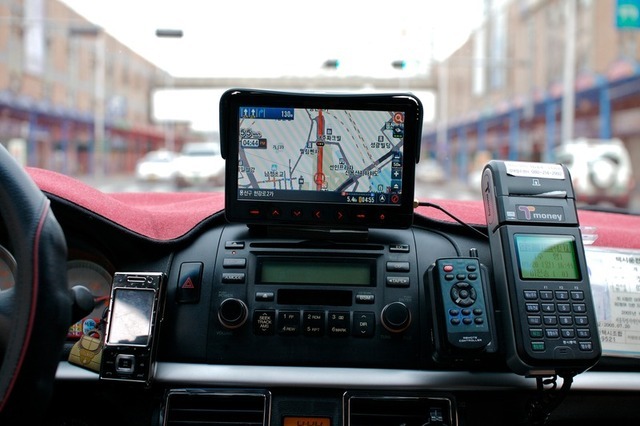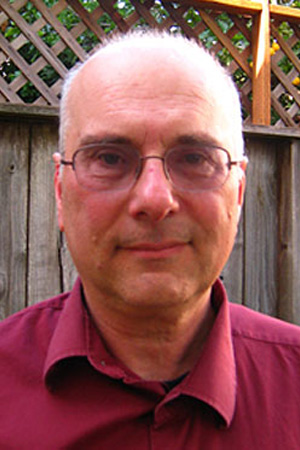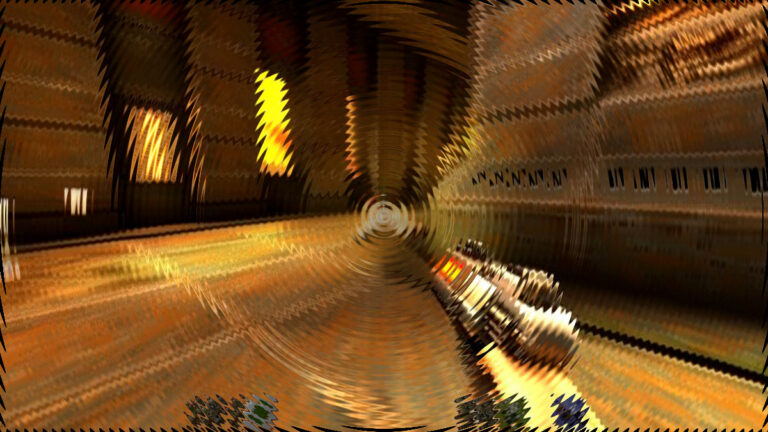Embattled wholesale satellite broadband contender LightSquared has taken off the gloves. The company has asked the Federal Communications Commission for a "declaratory ruling" confirming its right to use spectrum licensed to the company by the FCC. Not only that, but LightSquared wants the Commission to confirm that GPS makers—who have been complaining of interference risks for months—lack any legal basis to ask for interference protections.
"It is clear that GPS devices are purposefully designed to look into LightSquared's licensed spectrum, and given this evidence, we believe decision-makers should consider LightSquared's legal rights as the licensee," declared LightSquared public policy vice president Jeff Carlisle in a press statement released today.
Commercial GPS device sellers have had "nearly a decade to design and sell devices that do not infringe on LightSquared's licensed spectrum. They have no right to complain in the eleventh-hour about incompatibility when they had ample opportunity to avoid this problem."
Chances are that the GPS industry will not be surprised or cowed by these claims. "LightSquared is determinedly attempting to control the public narrative, seizing upon this proceeding not to provide the information that the Bureau has sought," charged Paul Rodriquez of the US GPS Industry Council on Tuesday, "but simply to exploit it as an additional forum for its campaign of proof by assertion." The GPS industry filing with the FCC's LightSquared Technical Working Group docket arrived even before LightSquared submitted its latest petition.
General purpose interference
LightSquared is engaged in what has become a pitched regulatory battle to deploy satellite delivered LTE broadband on a wholesale basis across the Mobile-Satellite Service (MSS) region (1525-1559 MHz). Just about every moment in its application has become a press release battle with the GPS industry. When last we left the drama—LightSquared was protesting the leaked results of the latest government tests on the interference question. They concluded that the company's proposed signals harmfully slam into GPS devices around 75 percent of the time.


 Loading comments...
Loading comments...
